Obesity is A Threat to U.S. National Security

Obesity is a threat to U.S. national security, obesity is the leading medical reason why applicants fail to qualify for military service: 27% of young people aged 17 to 24 are too obese to serve in the armed forces. Over the last 10 years, the number of states with 40 percent of young adults considered […]
Sensory-Specific Satiety
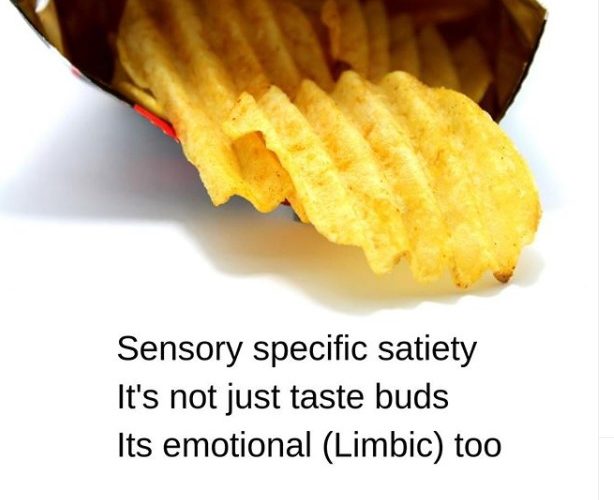
Sensory-specific satiety: the relationship between perceived taste and quantity consumed of food. As individuals consume more of a food item, they experience diminishing marginal taste perception, which means their level of perceived taste from additional consumption tends to decline (additional consumption becomes less pleasurable). The first bite of chocolate is better than the 10th. In […]
Breaking News?
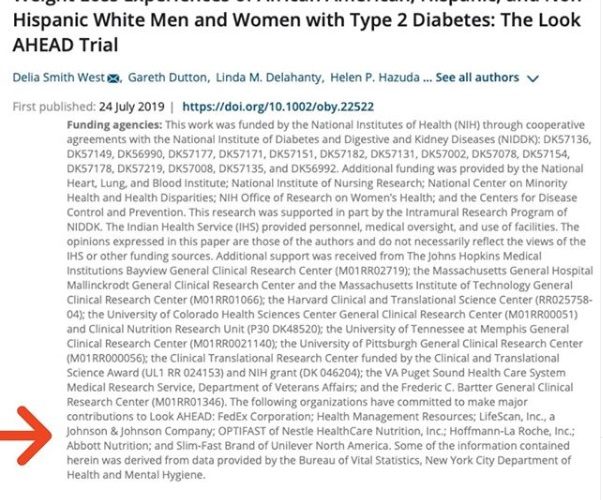
According to a “NEW” study published in Obesity, “lifestyle interventions focused on altering dietary and physical activity habits using behavioral strategies can produce sustained weight loss among African Americans and Hispanics who have type 2 diabetes (T2D)” Which ivory tower have they been living in or is this new information to their sources of funding? […]
What is Metabolic Syndrome?
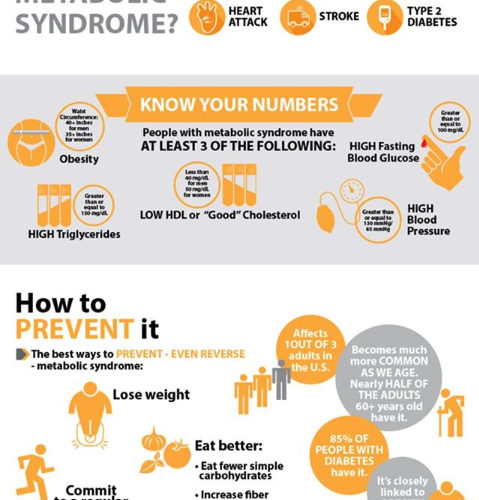
Obesity doesn’t cause metabolic syndrome; obesity is a marker for metabolic syndrome.
Sugar, Addiction, and Obesity
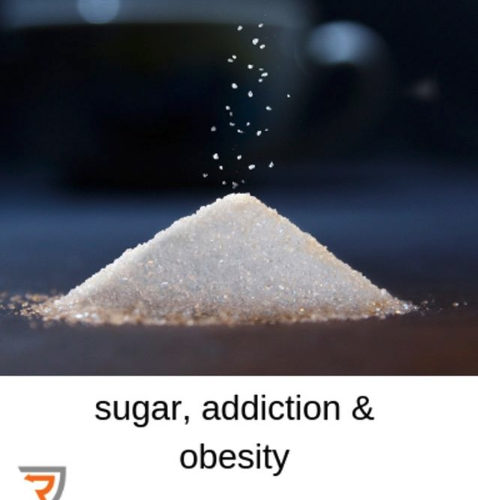
Sugar addiction, especially glucose, leads to obesity because of how it is metabolized. Sucrose (table sugar) is a disaccharide made of 50% fructose and 50% glucose. Sucrose is metabolized primarily in the small intestine, releasing equal parts glucose and fructose. Glucose causes insulin release and is rapidly cleared from the bloodstream by insulin-dependent channels. Fructose […]
Metabolic Syndrome
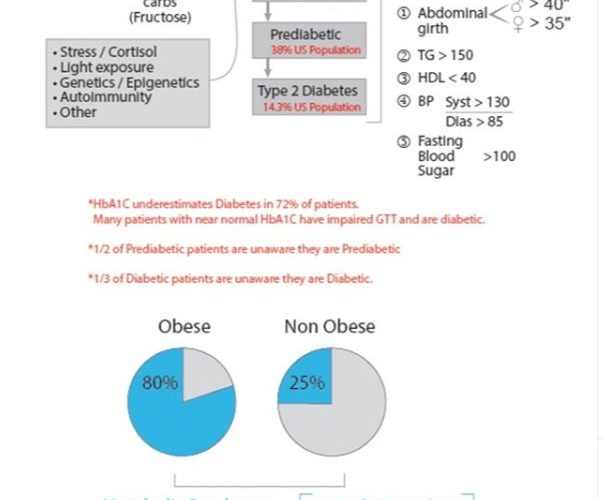
Metabolic syndrome is an early indicator of diabetes even among people of normal weight, and it’s important to take steps to prevent and treat it. During the early phase of metabolic syndrome, the body is compensating for insulin resistance by increasing insulin production to maintain near-normal blood glucose levels. However, when the pancreas and liver […]
What is ultra-processed food?
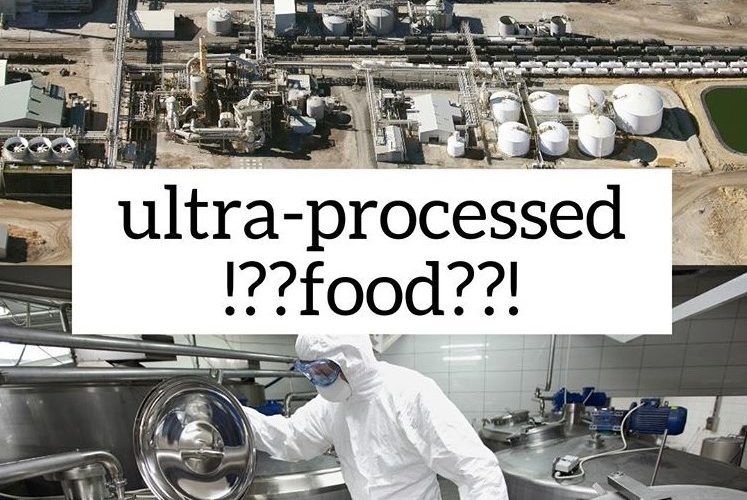
Not all food is created equal, and some are even more (ultra) processed than others, thus contributing to gut dysfunction. The purpose of ultra-processing food is to create branded, convenient (durable, ready to consume), attractive (hyper-palatable), and profitable (low-cost ingredients) food products. Ultra-processed food is made from food-like substances and additives, with little intact natural […]
Fat Doesn’t Make You Fat
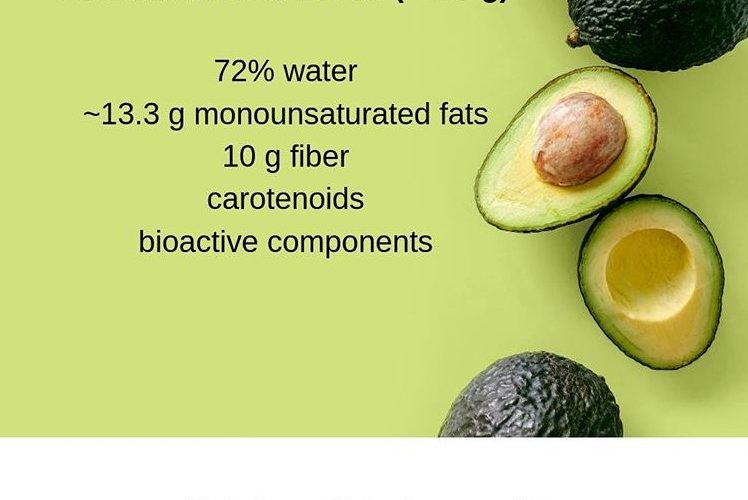
For years, fat has been targeted as one of the main causes of obesity, but fat in someone’s diet isn’t what makes someone fat. The diet-heart hypothesis falsely attributed eating fat with the development of atherosclerotic heart disease. This anti-lipid agenda led to the low-fat craze, which replaced fat with tasty acellular carbohydrates, paradoxically resulting […]
Addiction, Obesity & Hyperpalatability
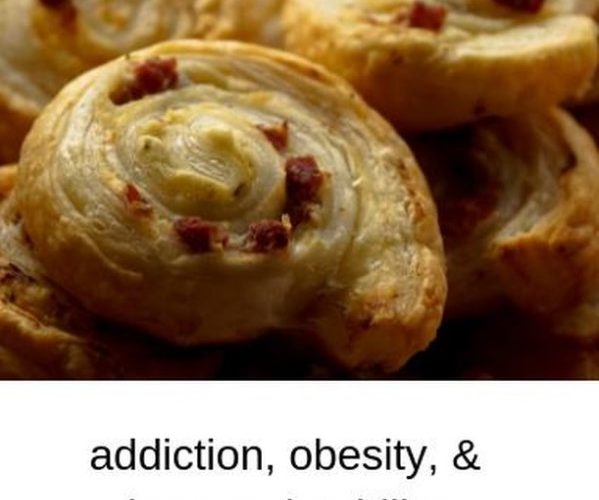
Foods made to taste exceptionally good (hyperpalatable) through combining high fat and high sugar can also lead to behavioral addiction, which can lead to obesity. Hyperpalatable foods can produce an addiction‐like syndrome. Animals presented with either high‐sugar or high‐fat diets eat excessively but do not gain weight as they offset the increased intake by eating […]
Which has a Higher Hazard Ratio: Smoking or Obesity?

Do you think smoking or obesity would have a higher hazard ratio? When looked at in context, the answer might surprise you. Hazard ratio (HR) is the ratio of the hazard rates corresponding to the conditions described by two levels of an explanatory variable. The HR has also been defined as the ratio of (risk […]
